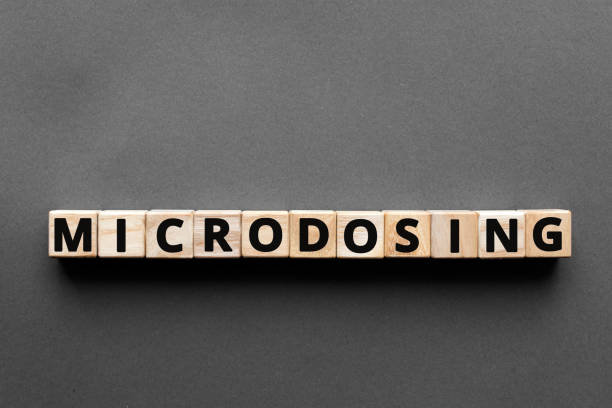Can Modafinil Help Combat Rheumatoid Arthritis Fatigue?
Rheumatoid arthritis (RA) is often associated with joint pain and inflammation. However, one of its most persistent and debilitating symptoms is chronic fatigue, which can significantly impair daily life. Some patients have explored Modafinil, a prescription medication typically used to treat sleep disorders as a potential remedy. But does the science support this approach?
Understanding RA-Related Fatigue
RA fatigue is not just tiredness—it is a profound exhaustion that isn’t relieved by rest. It affects physical, cognitive, and emotional functioning, and can be more limiting than joint pain itself (Katz, 2017). The fatigue often stems from inflammation, elevated cytokine levels, anemia, pain, and poor sleep.
Evidence-Based Fatigue Management
Lifestyle Adjustments
Moderate, regular exercise such as swimming, walking, or yoga can improve energy and mood. A consistent sleep schedule and good sleep hygiene are also vital. Cognitive Behavioral Therapy (CBT) has demonstrated positive effects in managing chronic fatigue by altering unhelpful thought patterns and behaviors (Pope, 2020).
Medication Options
Fatigue tied to inflammation may improve with disease-modifying antirheumatic drugs (DMARDs) or biologics. In cases of comorbid depression, bupropion may be considered due to its energizing properties. Sleep aids might help in cases where pain disrupts rest.
What Is Modafinil?
Modafinil is a wakefulness-promoting drug approved by the FDA for conditions such as narcolepsy, obstructive sleep apnea, and shift work disorder (FDA, 2015). It acts on the central nervous system to enhance alertness without the intense stimulant effects of amphetamines (Greenblatt & Adams, 2023).
Modafinil and RA Fatigue: A Speculative Link
Currently, there are no clinical studies evaluating Modafinil for rheumatoid arthritis fatigue (Greenblatt & Adams, 2023). Its use in RA is entirely off-label and extrapolated from research in other conditions like multiple sclerosis or traumatic brain injury, where results on fatigue relief are inconsistent.
While some patients with RA have reported anecdotal improvements, these are not sufficient to guide clinical use. It’s also unclear whether Modafinil’s mechanism can address the inflammation-driven nature of RA fatigue.
Safety, Risks, and Clinical Considerations
Modafinil carries potential side effects, including headache, insomnia, anxiety, and elevated blood pressure. Rare but serious risks include psychiatric reactions and severe skin rashes (FDA, 2015). It may interact with other drugs commonly used in RA, including immunosuppressants and antidepressants.
Because it is classified as a Schedule IV controlled substance in the U.S., prescribing is cautious, especially for long-term use or in patients with psychiatric history.
A Holistic Approach to Fatigue
Given the current lack of clinical support for Modafinil in RA fatigue, patients are encouraged to first explore strategies backed by evidence—such as inflammation control, exercise, nutrition, CBT, and sleep optimization.
Open communication with a healthcare provider is essential. If fatigue remains unmanageable, any trial of Modafinil should be carefully supervised with close monitoring for side effects and interactions.
References
- Greenblatt, K., & Adams, N. (2023). Modafinil. In StatPearls [Internet]. StatPearls Publishing. https://www.ncbi.nlm.nih.gov/books/NBK531476/
- Katz, P. (2017). Fatigue in rheumatoid arthritis. Current Rheumatology Reports, 19(5), 25. https://doi.org/10.1007/s11926-017-0649-5
- Pope, J. E. (2020). Management of fatigue in rheumatoid arthritis. RMD Open, 6(1), e001084. https://doi.org/10.1136/rmdopen-2019-001084
- U.S. Food and Drug Administration. (2015). PROVIGIL® (modafinil) tablets, for oral use, C-IV [Prescribing information]. U.S. Department of Health and Human Services. https://www.accessdata.fda.gov/drugsatfda_docs/label/2015/020717s037s038lbl.pdf








